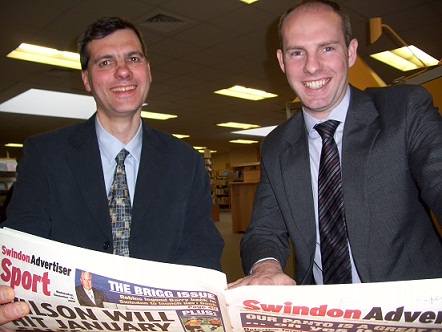
Whilst the annual Budget dates back centuries, the Autumn Statement is a relatively new addition to the Parliamentary calendar. First delivered by Denis Healey in 1976, it is a chance to outline the economic state of the nation and the Government’s financial plans.
In 1976, Britain faced economic crisis, fuelled by spending commitments that vastly outpaced the taxes paid by hardworking families. Just a month before the Labour Chancellor delivered the first Autumn Statement, Britain had to turn to the IMF for a bailout to pay its bills, just like Greece has recently done.
In 2010, Britain faced a similar economic storm, with spending surpassing income and the rest recklessly borrowed on the nation’s credit card. We had two choices: ‘Plan A’ - cut spending and put money back in people’s pockets or ‘Plan B’ - taking more money from working families to fund more spending. The Autumn Statement delivered yesterday by the Conservative Chancellor proves that Plan A was the right one and that it is working.
The UK is growing faster than any other of our developed contemporaries. In the last quarter, we grew by 0.8%, ahead of America and of our European neighbours who managed only a paltry 0.2%. The deficit is down, unemployment is down, jobs are up and we have the lowest proportion of workless households for 17 years.
With this growth, we are able to help families the businesses that create jobs. We raised the income tax threshold to put £700 in the pockets of 24 million ordinary people and to take the 2.7 million lowest paid workers of out income tax completely. We are cutting business rates for small businesses and helping them employ our young people by abolishing National Insurance contributions for under 21s.
Still, we must pause to reflect on what Britain would look like today had we taken Labour’s advice and followed Plan B. Well France did. Whilst we are growing, France is set to slide back into negative growth. President Hollande is the most unpopular president in the Fifth Republic’s history and there are riots on the streets as families face tax hikes. Britain’s optimistic outlook could not be more different.
I know the 2007 financial crisis has made life hard for local Swindon families and those who pretend it could be any other way are lying. Individual prosperity does not come without a healthy economy and ours had been left in terminal decline. We had to reverse this, but in a way that helps families. We are all better off for the fact that history did not repeat itself and we did not have to turn to the IMF for help. We are not finished, but we can start to see the sunlight at the end.

